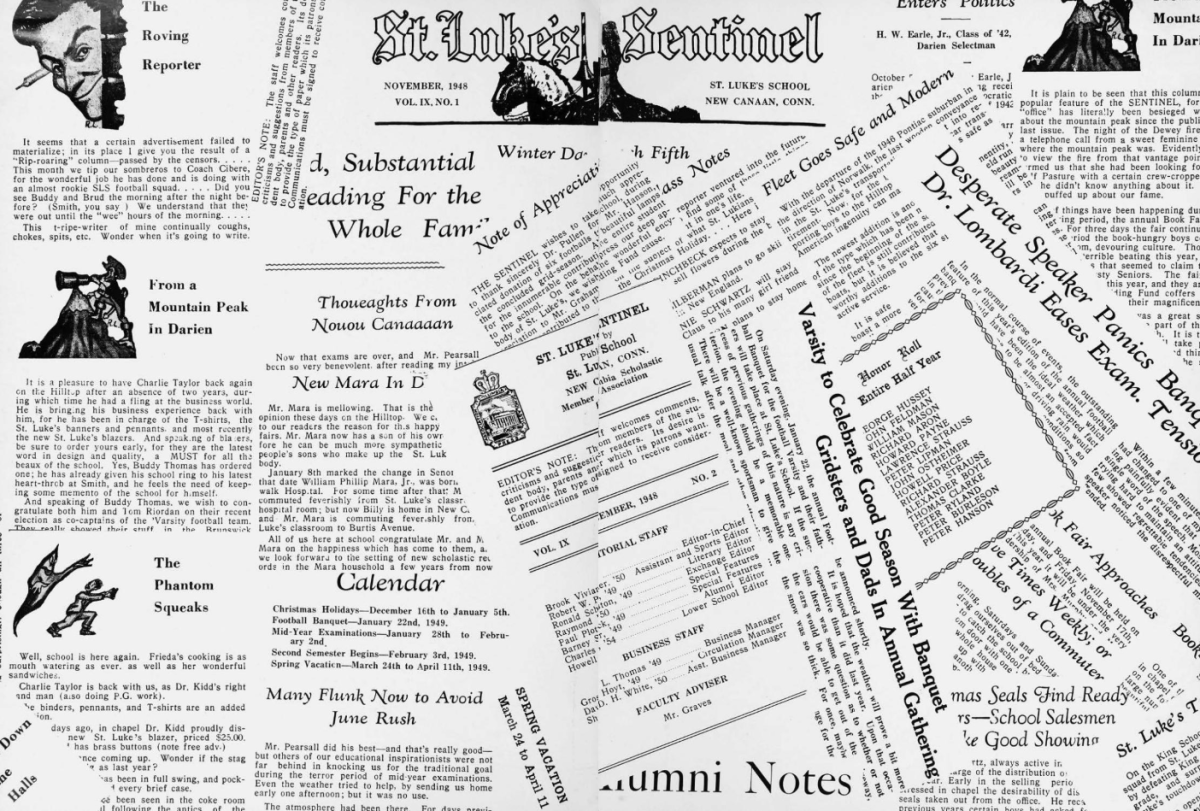Callous, glamorous, nonchalant: The epitome and intrigue of celebrity con-artist Anna Delvey, aptly distilled into her runway debut at this September’s New York Fashion Week. As she walked the finale of SHAO’s production, “Class of ‘98: Rebellion Remastered,” Delvey cemented herself as a subversive force. With Hole’s “Celebrity Skin” playing in the background and Delvey’s ankle monitor impossible to miss above her patent leather stilettos, the appearance was guaranteed to create a stir, and it did. Once concurrently denounced and revered for holding an impromptu fashion show at her criminal trial, it now seems improbable that Delvey would be anywhere else five years later. Not quite expected, however, was her brief but contentious stint on Dancing With The Stars.
Born Anna Sorokin to a middle class family in Moscow, Russia, Delvey emigrated to Germany when she was 16. Upon her arrival to New York City in 2013, Delvey adopted the ruse that would eventually propel her into the spotlight. In order to obtain investments for her high-society art club, the Anna Delvey Foundation (ADF), she manufactured the illusion of deep-seated, opulent wealth – particularly, that of a German heiress blithely awaiting her 60 million dollar trust fund. With her soft tone, refined clothing style, and obscure accent, Delvey’s fabrication granted her direct access to Manhattan’s elite. In a spectacular rise and whirlwind descent, she fell just short of procuring 40 million dollars from the city’s top banks.

In 2019, Delvey was sentenced with up to twelve years in prison for allegedly swindling a combined total of $275,000. Following a year-long stint at Rikers Island and transfers to various correctional facilities, she was put on house arrest by ICE (Immigration and Customs Enforcement) in 2022. While still in custody, her fame rose exponentially through Netflix’s dramatized portrayal, “Inventing Anna.” Delvey used earnings from the show to pay the remainder of her restitution. From her Lower East Side apartment, she has since established a lucrative art career, hosted numerous fashion shows, secured a docuseries as well as a reality show, began a podcast, and entered the world of cryptocurrency. Delvey’s September appearance on DWTS, however, launched her into an echelon of internet-stardom not seen since “Inventing Anna’s” release.
Accordingly, the lurid controversy of Delvey’s narrative – relatively dormant over the past two years – has resurfaced. Some of her recent attacks, while perhaps misdirected, are well-founded. For instance, whereas the majority of those detained experience far more dire circumstances than Delvey, ICE gave her special permission to travel to Los Angeles for DWTS. This allowance incited the wrath and vindication of audiences, including The View co-host Whoopi Goldberg.
More so than her undue privileges, however, many frown upon Delvey’s invariably glib attitude. Just a day after her sentencing in 2018 – following the trial that garnered more attention for her outfits than her crimes – Delvey told The New York Times, “I’d be lying to you and to everyone else and to myself if I said I was sorry for anything. I regret the way I went about certain things.” Accordingly, Delvey did not recoil from Goldberg’s attack, but rather demanded that the EGOT winner provide an on-air correction to her statement that Delvey is yet to pay the full extent of her restitution.
In her resistance of a self-effacing temperament, Delvey complicates the public’s willingness to sympathize with her. She does not frame herself as redemption-seeking, and thus is seldom considered redeemed. Yet, her persistent refusal to apologize is simultaneously what keeps her relevant. Often reserved and soft-spoken, Delvey’s gentle exterior contrasts her shrewd, blunt, and defiantly remorseless actions. This juxtaposition mocks predominant female archetypes in a way that is as amusing as it is refreshing, especially in the wake of grim socio-political developments.
Beyond her approach to femininity, Delvey’s presence sparks a dialogue around celebrity culture as a whole. In response to backlash for collaborating with Delvey on an exhibition, Brooklyn arts organization Locker Room posted on Instagram: “Unapologetically acting in pursuit of her goals, Anna is a divisive and disruptive figure. Call her moral, immoral, scammer, or anti-hero, Anna’s existence acts a mirror, revealing one’s relationship to the disrupted institutions.” Fame, one of the 21st century’s most coveted attributes, easily qualifies as a disrupted institution. As someone who is principally famous for her alleged criminality, Delvey indeed confronts the nature of society’s regard towards celebrity status.
When a figure like Delvey – lacking significant talent, benevolence, and charisma – affirms its shortage of prerequisites or guard rails, spectators are unnerved. While this unease is certainly warranted, one must question whether the resulting vitriol is justified. During a recent interview with Elle magazine, Delvey herself plainly outlined the case for her absolution: “I did my time and paid my restitution. So it’s like, what else would you like me to do, kill myself?” Though crassly articulated, the argument is compelling.
Convicted felons in America are barred from a litany of freedoms and opportunities. Yet, these limitations are forgotten when mass attention seems boundless to those who have broken the law. As with others made famous for their crime, critics of Delvey do not really care about the quality of her post-incarceration life. Rather, they care that she is appearing on their televisions and Tik Tok feeds. To the public eye, four years in captivity are not legitimate punishment; the only true repercussion for poor behavior is anonymity. In this warped ideology of justice, social currency – a currency not based on morality nor merit – outweighs all.
Regardless of whether the public will ever separate her from her mistakes, Delvey appears to have no plans of disappearing any time soon. Undeniably clever, in love with fashion, and sometimes incendiary, her mark on the culture is far from complete.
















Ella Thomas • Dec 10, 2024 at 2:59 pm
Selia “שמואלה” Blythe Sitzer. I’m truly speechless. This article is PROFOUND. Your superlative depiction of Delvey’s “[c]allous, glamorous, [and] nonchalant” temperament is accurate and effective. Your exposition of society as a disrupted institution is sagacious. One might even say, potentially, you are not only vogue-bound but, in Delvey’s words, “VIP, always”. As Delvey fanatics know, VIP is ALWAYS better. Again, this article is consummate, inimitable, and virtuosic. Thank you. שמואלה, for changing my life.
Love,
Your biggest supporter